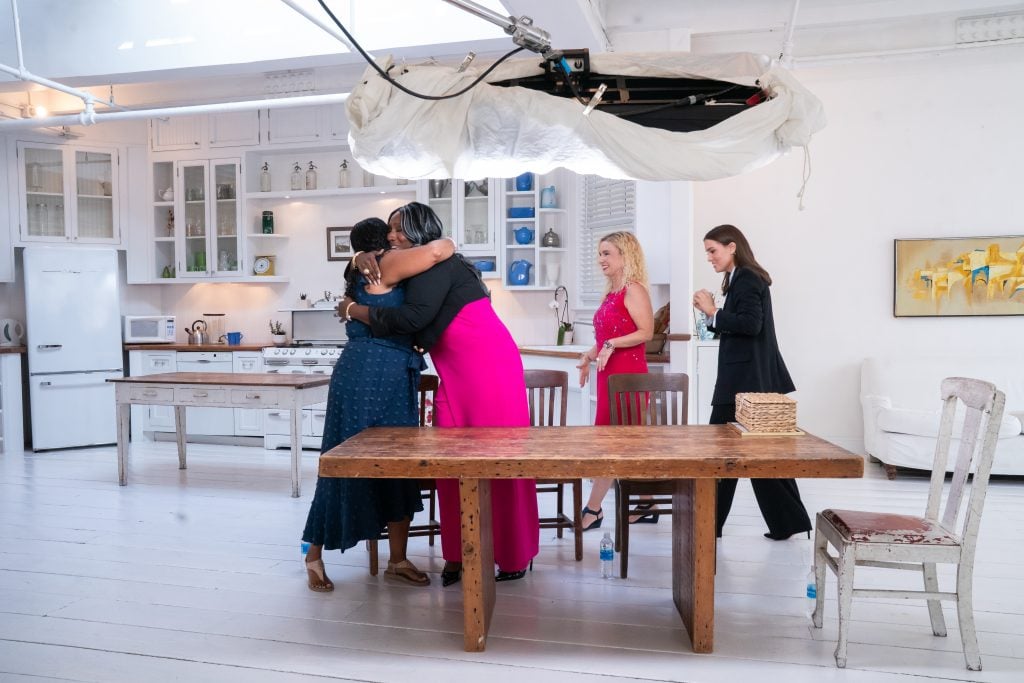Keep Cancer From Coming Back: The Medicines & The Importance of Mindset
- For women who have survived early breast cancer, the end of initial treatment marks the start of another set of decisions about the medical options to keep cancer from coming back. There are many more options than in the past. For women with what’s called HR+, HER2- breast cancer, this is particularly true.
- Dr. Elisa Port, who takes care of women at New York’s Mount Sinai Health System, emphasizes that the treatments to keep cancer from coming back should be discussed carefully with your doctor to evaluate your personal risk for recurrence and your options.
- Many women with earlier stage breast cancer say they want their life back; their relationship, their bodies, and their families, and that even amid all of this, there is a sense of real power to be in control of the next steps medically when it comes to evaluating treatment.
The choices are personal and profound, and the really good news for the women who took part in our Breast Cancer Dialogues, and millions of others, is that there are choices. You can take control…and there is a tremendous amount of hope and progress to live cancer-free.
Read More“We have so many treatments that work. We have so many reasons for optimism.”
WATCH: The Transformations They Never Saw Coming; On The Other Side of Breast Cancer
Yet even with optimism and powerful treatments, survivors say the hardest part comes after the doctors’ visits slow down, when the fear of recurrence sets in. “When treatment ends… those fears creep in more,” Dr. Port explained.
For New York survivor Viviana Figueroa, the end of treatment was anything but a relief.
“Immediately after treatment was over, the fear of recurrence,” she shared. “That uncertainty is always going to be there.”

Dr. Port stresses that women have agency and choices in how they move forward.
“I view myself as a provider of information,” she said. “Our job is to educate people regarding the risks and benefits of different pathways. I encourage women to try treatments. You never know how it’s going to affect you until you try it. And if it doesn’t work, you can decide based on that.”
That empowerment is echoed by HR+/HER2- breast cancer survivor Marygrace Graves, who leaned heavily on her medical team.
“Understanding was a really big thing for me,” she said. “I found that my team of doctors spent a lot of time with me, which was something that I was very fortunate for and also helped me better understand what I was going through on such a granular level.”
She also found a mental strategy that kept her grounded: “Being able to compartmentalize what’s happening now, as opposed to letting uncertainty control my present, has been imperative to not allowing fear to take over my days.”
WATCH: Giving Advice To The Woman You Were Before Cancer: Our “Portraits of Resilience”
Helping Patients Cope with a Cancer Diagnosis
- Fear, Anger, Anxiety: You’re Entitled To Your Emotions
- How to Cope With ‘Scan Anxiety’ By Using ‘Flow’
- Reducing Anxiety About False Positives
- An Overview of Breast Cancer Treatment
- Are You Just Finishing Treatment For Early Breast Cancer? Learn How Other Women Are Finding Strength & Making a New Life By Sharing The Experience
New treatments are also giving survivors more options than ever. As Dr. Port explained, “One of the biggest areas of progress is the medications we offer after surgery and radiation. Therapies that go everywhere in the body to reduce the risk of cancer coming back (also called recurrence). We customize and tailor treatment based on the individual. Patients do have options. Doctors don’t make anybody do anything.”
RELATED: How To Reduce the Risk Of Breast Cancer Recurrence

Survivorship isn’t just about staying positive—it’s about navigating the real tension between hope and fear. For many women, the true work begins after treatment: learning to trust their strength, reclaim their voice, and remember they’re so much more than a diagnosis.
Learn more about SurvivorNet's rigorous medical review process.

